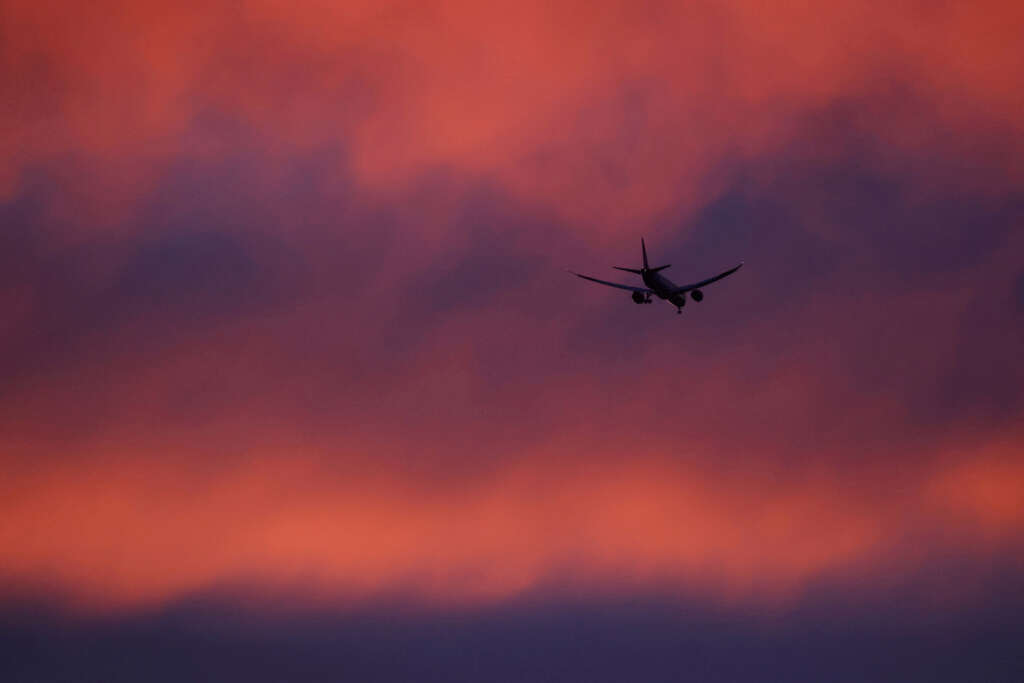(Reuters) – Strikes and staff shortages have forced airlines to cancel thousands of flights to avoid hours-long queues at major airports, dashing hopes for a sizzling first summer following widespread COVID lockdowns with disruption set to continue into the autumn.
Here is a summary of some of the key developments:
LABOUR UNREST
After sweeping job and pay cuts when COVID-19 brought travel to a grinding halt, staff across the industry from pilots to baggage handlers are asking for big pay increases and better working conditions.
** Norwegian Air in June agreed a 3.7% pay rise for pilots among other benefits.
** SAS and Ryanair in July agreed terms with some unions representing their pilots, while British Airways and KLM signed wage deals with ground staffers, as strikes affected hundreds of thousands of travellers in the key holiday period.
** Lufthansa and pilots’ union VC reached a deal in a wage dispute on Tuesday, averting a second strike that had been planned to start on Wednesday. The German flag carrier had said earlier on Tuesday that it would make an improved offer to the pilots.
The agreement follows a strike last week that forced the cancellation of hundreds of flights.
** Employees of Portugal’s airport handling company Portway went on a three-day strike on Aug. 26 at its main airports in Lisbon, Porto, Faro and Funchal, forcing the cancellation of about 90 flights.
** Ryanair’s Spanish cabin crew union members plan to strike from Monday to Thursday every week until Jan. 7 to press demands for higher pay and better working conditions.
** EasyJet’s Spain-based pilots walked out for nine days in August from bases in Barcelona, Malaga and Palma in Mallorca to demand better working conditions.
Cabin crew in the country suspended a strike planned for July 29-31 after reaching a deal with the carrier. Their previous walkouts on July 1-3 and July 15-17 had caused some flight cancellations and delays.
** IAG’s low-cost airline Iberia Express cancelled 92 flights after cabin crew union USO announced a 10-day strike starting Aug. 28.
SCHEDULE CUTS
Airlines including Lufthansa, British Airways, easyJet, KLM and Wizz Air cut thousands of flights from their summer schedules to try and ease disruption, while major airports including London’s Heathrow and Amsterdam’s Schiphol have extended caps on passenger numbers into autumn.
** Having previously cut its summer schedule and halted ticket sales for short-haul flights departing Heathrow until mid-August, British Airways said on Aug. 22 it would make further cancellations up to the end of October, after the airport extended its cap on passenger departures. It will also reduce its winter schedule by 8%, impacting around 10,000 flights.
** However, London’s Gatwick airport does not plan to extend limits on passenger numbers beyond the end of August as it has ramped up security staffing, while a Lufthansa board member has said the worst of the flight chaos was over for the German airline.
HIRING AND INCENTIVES
Industry executives say it is hard to recruit for often physically demanding, relatively low paid work at airports often located out of town. Training new hires and getting them security clearance also takes months.
** Schiphol, one of Europe’s busiest airports, agreed to pay 15,000 cleaners, baggage handlers and security staff 5.25 euros ($5.25) extra per hour during the summer. It needed to hire 500 security staff after beginning the season with around 10,000 fewer workers than before the pandemic.
** Only around 150 airport workers from Turkey were hired by German airports, far fewer than initially expected. They will help with baggage handling under temporary contracts that will run through early November.
** Airport security company ICTS, which operates at Paris’ Charles de Gaulle, offered a one-off 180 euro bonus to those delaying their vacation until after Sept. 15 and 150 euros for staff who sign up new recruits, a CGT union representative said.
($1 = 1.0007 euros)
(Reporting by Klaus Lauer in Berlin, Juliette Portala and Caroline Paillez in Paris, Toby Sterling in Amsterdam, Paul Sandle in London and Reuters bureaus; Compiled by Boleslaw Lasocki, Antonis Triantafyllou, Tiago Brandao and Marie Mannes in Gdansk; Editing by Kirsten Donovan and Milla Nissi)


